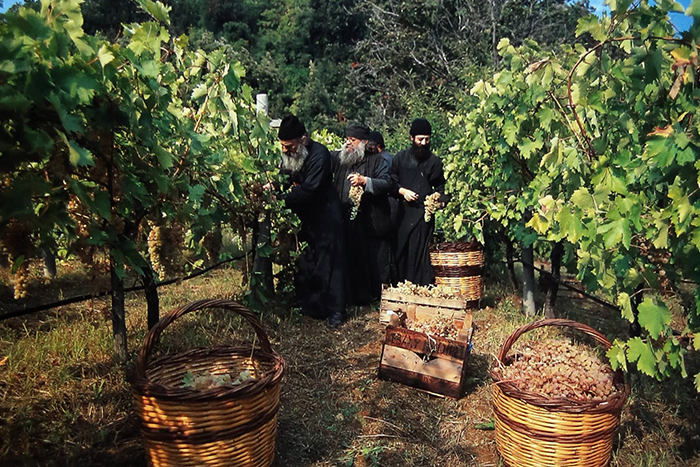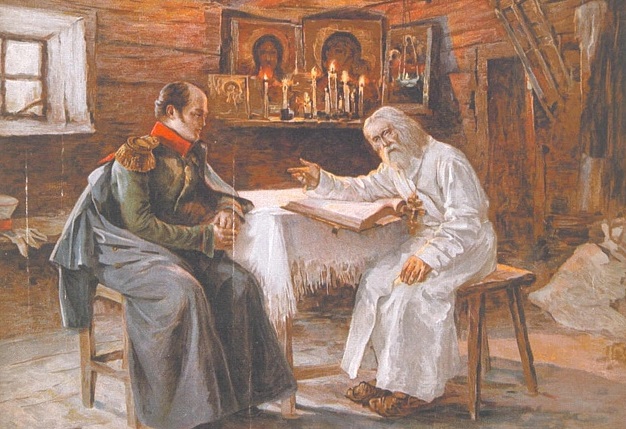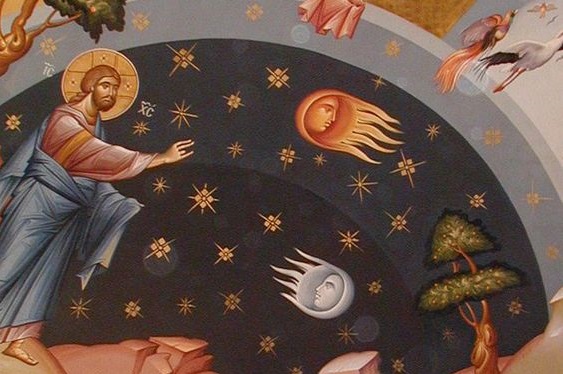
“Lord Jesus Christ, You are the true vine, and Your Father is the vinedresser, and You called Your apostles the brunches”.
This prayer is read when the vineyard is being planted. Vine, grape and wine are the most common examples used in the Gospel parables. In Gospel, it symbolizes life, joy and Christ. The words “wine” and “vine” are mentioned in Bible more than 250 times. Wine was always treaded in Christianity as a blessed creation. It can be explained by the fact that Christianity spread in the regions where the Greek-Roman Empire had been thrived earlier. People thought there that wine was not just one of the numerous products of farming activity, but it was also connected with the veneration of Dionysius, the god of winemaking.
In the Old Testament, wine plays a very important role too. Most often vineyards were compared with Israel. Noah planted a vineyard after the great flood ended. During the exodus, God promised the Jews to bless their bread, wine and water, i.e. everything what was necessary for living. At that time, the climate and the soil of Palestine contributed to the development of vineyards and winemaking.

King David often praised the product of winemaking: “And wine that maketh glad the heart of man” (Psalm 104:15) or “Thou hast put gladness in my heart, more than in the time that their corn and their wine increased” (Psalm 4:7). David thought that wine was one of the most important food elements for a person. Wine softens a person’s heart, which is the center of all feelings.
Since ancient times, religious traditions and wine coexist harmoniously in Christianity. Christ began to reveal His miracles turning water into wine at the marriage at the Cana of Galilee. The evangelists provided us with precious information about wine, when they described this miracle. They say it is the drink of joy and happiness.
Wine gains the true mysterious meaning during the Last Supper, when Christ gave His disciples the cup and said: “This cup is the new testament in my blood: this do ye, as oft as ye drink it, in remembrance of me” (1 Corinthians 11:25). Thus, wine and bread become the Divine gifts during the Eucharist.
The blessed product of winemaking could not stay outside the walls of the Athonite monasteries. Nama is a sweet red wine traditionally used in Greek Orthodox Churches for the sacrament of the Holy Communion. This type of wine is usually made of black grapes dried in the sun.
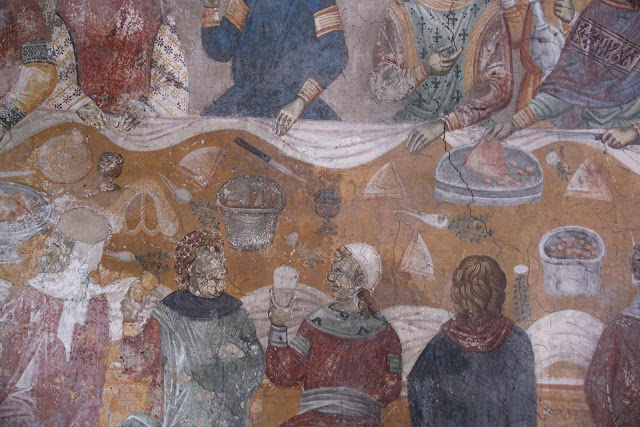
Preparing wine for the Holy Communion is not the natural reason why monks have begun to deal with winegrowing. Wine is an important food additive for monks, whose daily ration is poor in calories because they do not receive any animal proteins and rely on their nutrition mostly from plant food. Monasteries host many pilgrims who are also offered wine twice a day during the meal excerpt from the fast days.
Moreover, many workers live on Athos, who help monasteries with the household work. Monasteries at their turn should provide them with wine and rakia. Guests are also offered rakia when they arrive to the guesthouse of any monastery on Athos. This traditional Athonite treat is served with coffee and lokum. Fathers said that a glass of rakia prevents you from breaking a sweat, while the sugar of lokum diminishes the sense of fatigue. The thing is that earlier there were no cars on the Holy Mount and monks and pilgrims had to make great distances on foot.
What is more, monks knew the healing qualities of wine. Monastic manuscripts contain numerous recipes of different medications, which were based from wine. Besides, according to the recipe found in the manuscript dated back to the 17th century, grapes were used for making ink.
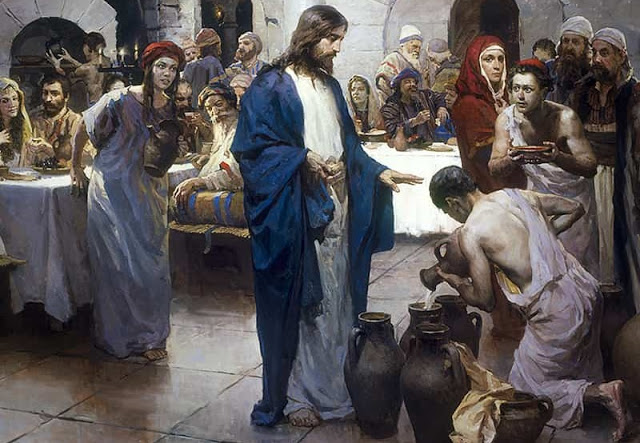
In the very beginning of the 10th century, the founders of the monasteries knew a lot about the beneficial qualities of grapes and organized vineyards to have their own products of winemaking. Wine was not only a Divine gift for the monastic society but also an exchange unit that helped monasteries to provide themselves with what they needed and to cover other costs.
Archimandrite Emilian, the abbot of the monastery of St. Peter, said: “Prayer warms the hearts of monks”. We can say also that wine warms the body of a monk. It becomes his relief and break from his daily hard physical and mental labor.

